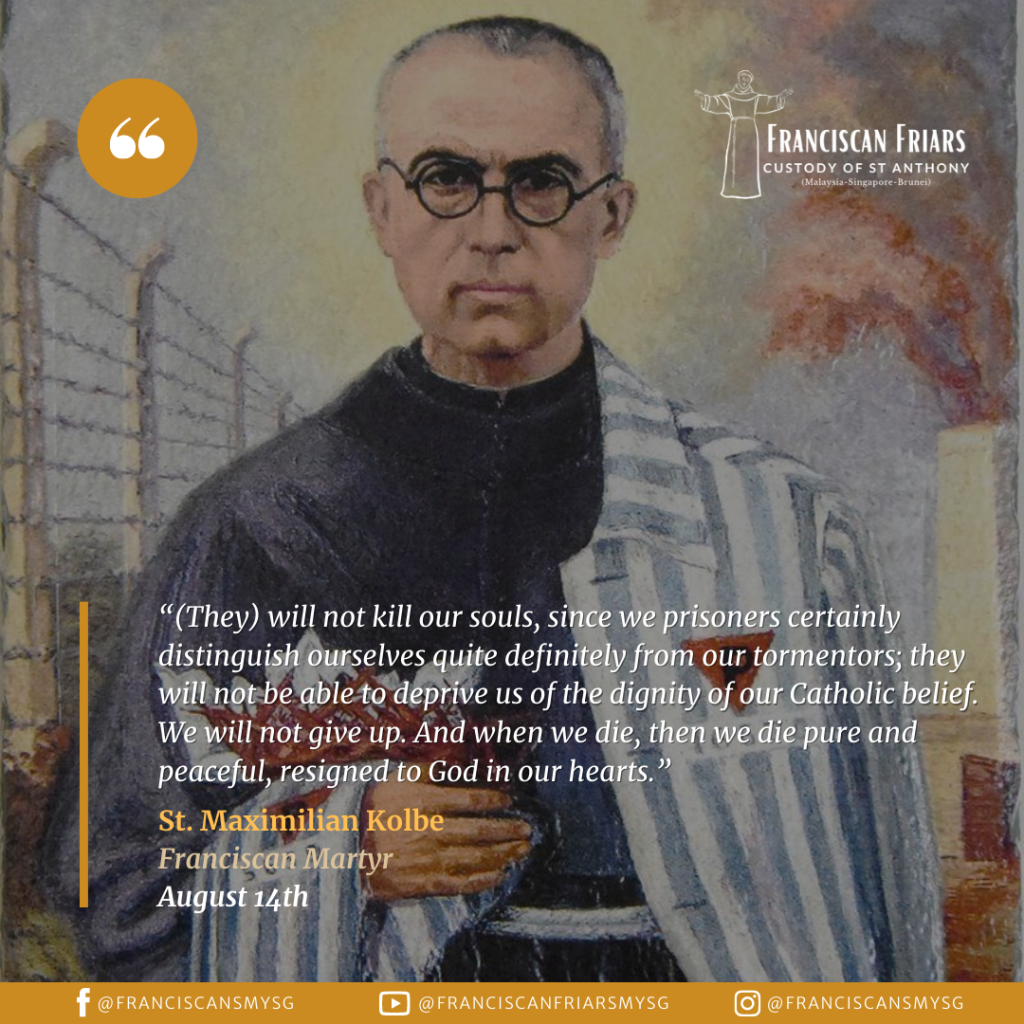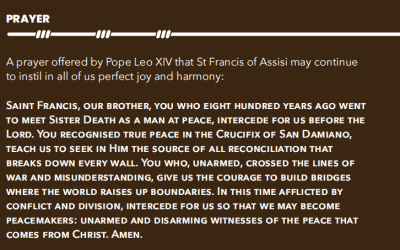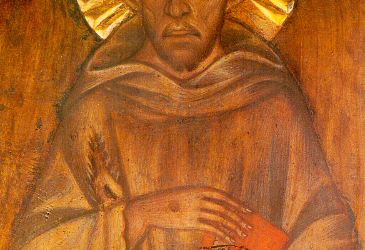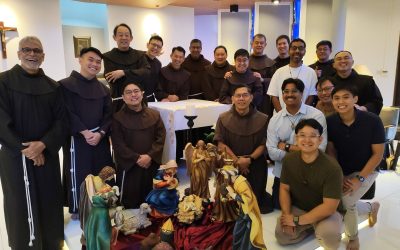
On July 30, 1941, a prisoner escaped from Auschwitz, the notorious Nazi camp in Poland. In retaliation, the commandant lined up inmates of cell block fourteen and ordered that ten of them be selected for death. When one of the ten cried that he would never see his family again, another prisoner stepped forward and volunteered to take his place. When the commandant asked who he was, he replied, “I am a Catholic priest.” His offer was accepted, and so Fr. Maximilian Kolbe assumed his place among the condemned.
Fr. Kolbe had entered the Franciscans at sixteen. Though a sickly youth, he was animated by pious zeal that was matched by a genius organization. After his ordination, he formed a movement called the Knights of Mary Immaculate and launched a series of journals, which achieved a circulation of eight hundred thousand in Poland. He also organized a community called City of the Immaculate, which grew to include 762 Conventuals friars, making it the largest religious community of men in the world. In the 1930s, he started a similar foundation in Japan.
He was back in Poland in 1939 when the Nazis invaded. Gauging the Nazis’ enmity for religion, he intuited his eventual fate and prepared himself for a long time suffering. “I would like to suffer and die in a knightly manner,” he stated, “even to the shedding of the last drop of my blood, to hasten the day of gaining the whole world for the Immaculate Mother of God.” He was arrested in February 1941, and by May he was on his way to Auschwitz. He survived three months of labor and horrendous suffering. But his final passion began in July when he and the other prisoners were locked in a death bunker with nothing to consume but their own urine. He passed the time leading his companions in prayer, preparing them for death, and keeping vigil with them as they gradually succumbed. When, after two weeks, Kolbe and three others were still alive, the Nazis dispatched them with injections of carbolic acid.
In 1982, Pope John Paul II, who as bishop of Krakow had often prayed at the site of Kolbe’s death, presided over his canonization in Rome. Present for the ceremony was the man whose life Kolbe had saved. The pope called Kolbe a true martyr and saint of our times whose heroic charity proved victorious over the architects of death.
Source : The Franciscan Saints (Franciscan Media)





0 Comments